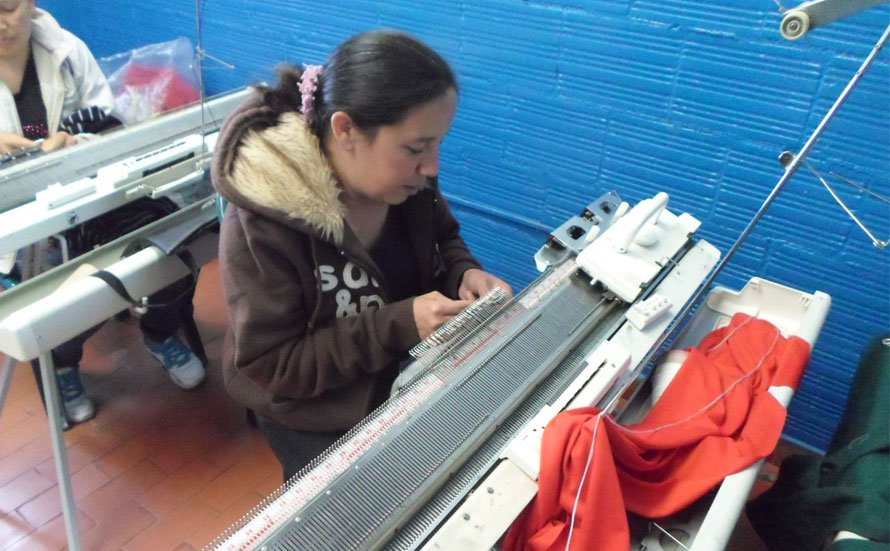of Medellin-based Colombia Reports, a news hub of about 150,000 unique visitors for audiences in North America, Europe and readers of the New York Times, Huffington Post and Fox News, reports from the field on how three social enterprises are making impact in Colombia.
First off though, Ms. Ramirez attempts to define exactly what “impact” and a “social enterprise” really are. Then she cites the work of three social enterprises:
Edupol – offers resources for the country’s rural and low-income population to pursue distance education programs and courses through a network of centers throughout Colombia. Edupol has more than 10,000 students in Colombia spread over more than 110 centers (see a sample of 85 videos on Youtube)
Algramo – which means “by the gram” in Spanish offers vending machines filled with bulk staples such as rice, beans, lentils and sugar to overcome the so-called “poverty tax” being imposed by profit-seeking grocery chains in rural areas in the country. Started by a student from Santiago, Chile, Algramo has reached more than 15,000 people and delivered more than 300 machines.
Gigante Central Wet Mill – provides farmers access to a world-class quality coffee processing facility, while connecting them to global buyers to maximize earnings for coffee that is farmed and produced. Over $460,000 in funding. The Acumen Fund is a sponsoring fund.
***
“A social enterprise is a business. It offers a product or service, it typically has an attractive an innovative value proposition for the market, is has competitive advantages, and it clearly defines a game changing business model which paves its way towards financial sustainability. Aside from being a business, a social enterprise must have a social impact thesis embedded in its operation. The latter is what makes these organizations particularly interesting and promising for future abundance.
An impact thesis could be defined in infinitive ways. The following are some examples:
- Enabling low income communities to have broader access to basic services such as water and sanitation, energy, or health.
- Equipping smallholder farmers with technical expertise and infrastructure to better produce and market their production along the value chain.
- Opening the formal labor market to former members of illegal groups.
- Providing larger access to financial services in rural communities.
- Fostering women inclusion in the formal economy.
- Promoting broader access to technology and education to low income youth.
While each impact thesis is deployed in a sector of the real economy, its long-term results go beyond the benefit driven by the business itself. Their ultimate goal is to contribute to a more abundant society either by reducing poverty, by promoting gender and economic equality, or by fostering social inclusion and environmental sustainability.
The pursuit of profit in a social enterprise will always function in tandem with its social progress vision. This distinctive combination of principles makes these companies commendable and worthy of our interest, particularly in Colombia. In our country, these companies are playing a critical role in shaping the new societal context we require to build enduring stability and peace.
Companies like Edupol, Algramo and Gigante Central Wetmill are just a few examples of a growing number of social ventures, are building successful business cases in the education, retail and agriculture industries. While improving education and income, these businesses are equipping individuals in rural Colombia and low income communities to open their way upwards in the social ladder, having more control of the course of their lives and the new generations they bring along.”
Sources: Colombia Reports, Emis








